Storks have returned to Devon skies after hundreds of years, thanks to a rewilding project.
White storks once commonly nested in chimneys and church towers and now, for the first time in 400 years, they are soaring over Devon again after ten were released from a satellite centre of the rewilded farm in North Devon – the Keep It Wild Species Recovery Centre.
The tall wading birds were extinct in Britain by the 1400s, due to hunting and habitat loss.
The birds caught thermals above the treetops as they were released, while others claimed perches in the open aviary, surveying their surrounds before making short flights to explore the surrounding meadows and wetlands at their own pace.
The birds were raised in two large aviaries at the site where landowner Dorette Engi fed them in the open aviary before the release.
Dorette and her children have spent years rewilding her land, with recreated wetlands, mixed grasslands and restored woodlands. She said: “It’s extraordinary. These birds haven’t lived freely here in over 600 years, yet as soon as they were given the choice, they stepped out into the landscape like it had always been theirs.
“They've taken to the thermals, they’re foraging confidently - they seem utterly at home. It makes you realise just how ready the land was to welcome them back.”
Some of the birds were bred at the Rewilding Coombeshead site near Lifton, with ecologist and reintroduction expert Derek Gow.
He said: “We don’t need to manage every moment of a wild animal’s life, we need to give them the space and conditions to manage themselves.
“Storks are scavengers, foragers, and brilliant natural indicators of healthy ecosystems. If they thrive here, it means the land is coming back to life.”
The project has been kept quiet to allow the birds to settle without disturbance, and to give nature time to adapt.
Derek is known for his work restoring species such as beavers, wildcats and water voles, based at his Rewilding Coombeshead site. He says storks have a key role to play in reshaping how we think about wildlife in Britain.
“These birds connect us to a time when wild animals were part of the living countryside,” he said. “but it’s not about nostalgia – it’s about function, and restoring the full richness of our ecosystems.”
The newly released storks appear to be staying close to their open aviary, building their strength and confidence in the rising spring thermals over the rewilded farm. Locals are already reporting sightings.
Dorette said: “Seeing them above the tree line, circling with effortless grace, it takes your breath away. It feels like new life, and hope.”
Nick Viney, director at Keep It Wild, said: "My hope is that more and more landowners will see these magnificent birds and be able to reimagine the land in their stewardship into one where we can all thrive.
“Farming and nature must go hand-in-hand or there is no future for us. Improving biodiversity, food and living space so these birds can grow strong to migrate, reflects the health of our land and society."
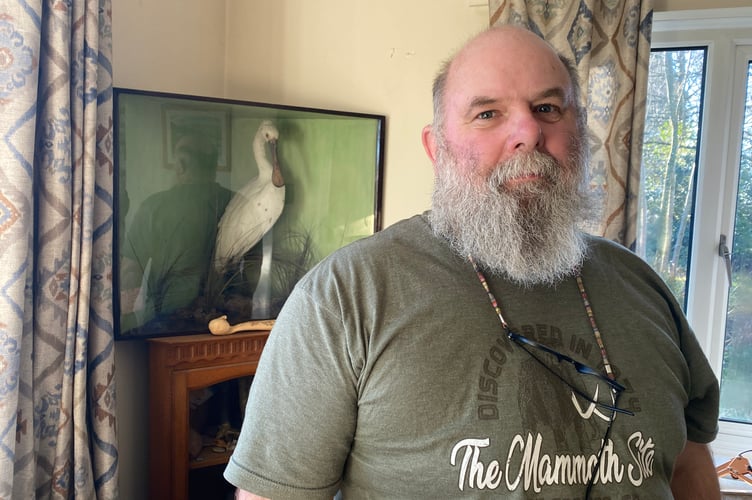
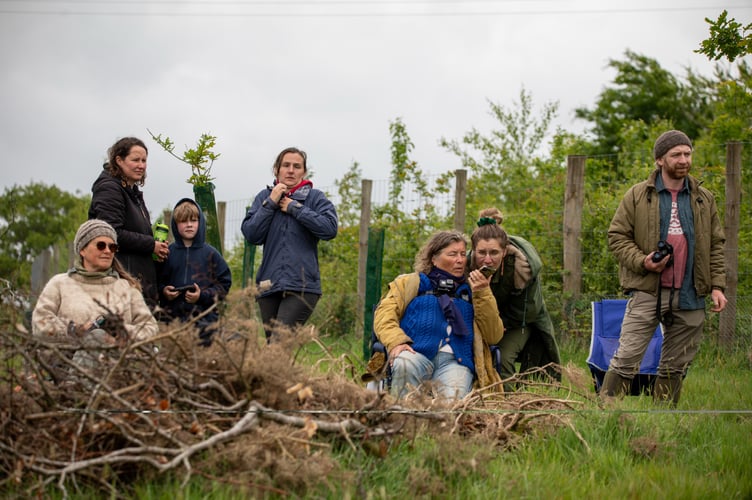
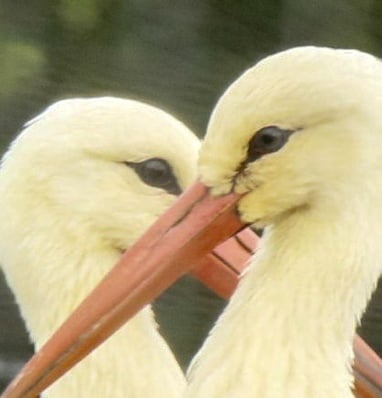

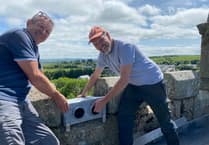
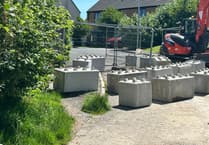
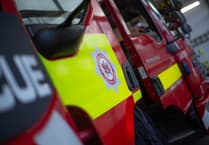
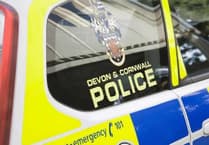
Comments
This article has no comments yet. Be the first to leave a comment.